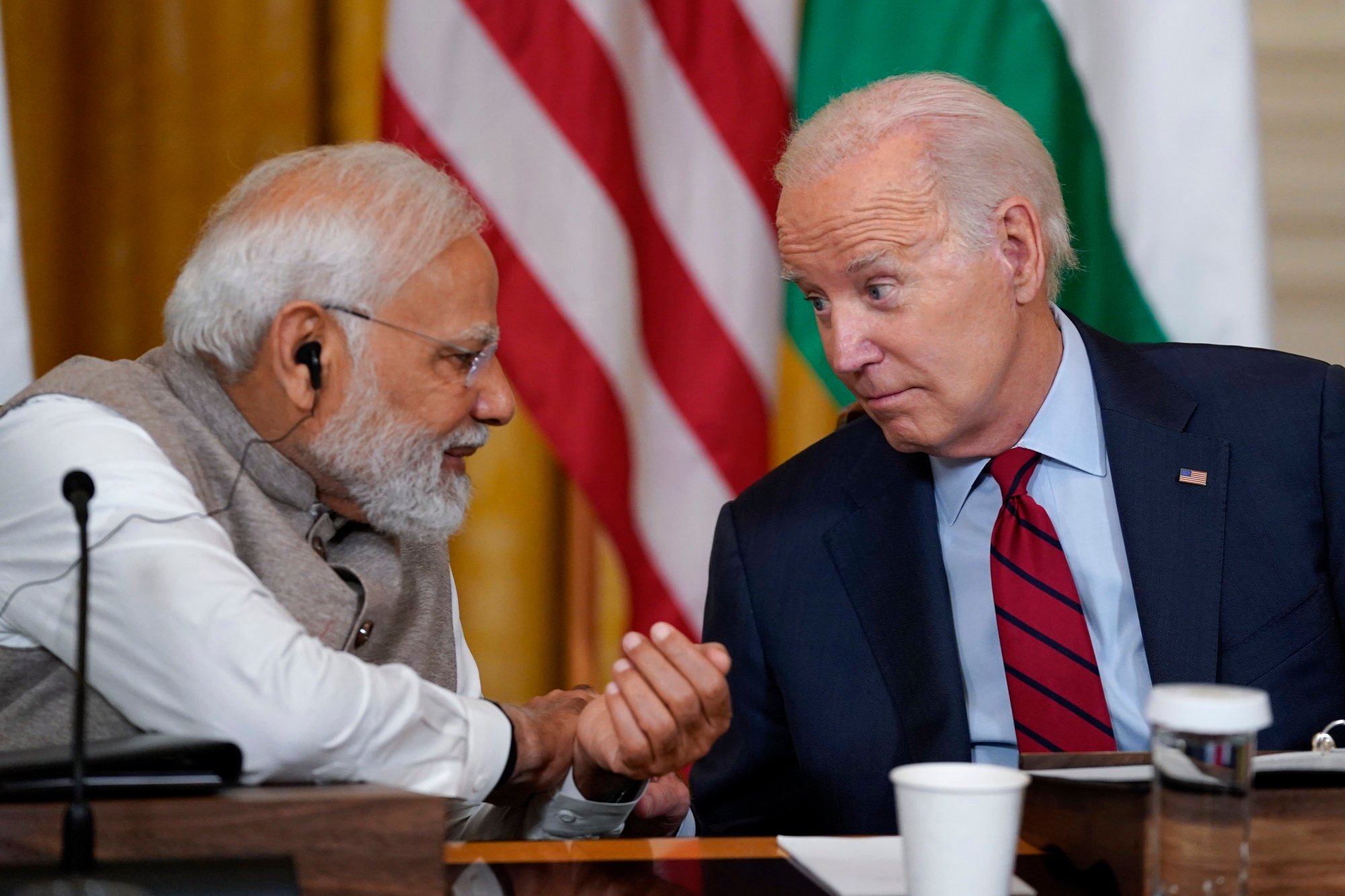
China urges India to stabilise ties for mutual benefit after BYD’s failed US$1 billion EV factory bid
- Both countries should adhere to ‘strategic judgment’ that they pose no threat to each other, says top Beijing diplomat Wang Yi on Brics sidelines
- Push comes in South Africa at meeting of emerging economies bloc that China and Russia favour expanding while India balks
Whether China and India support or exhaust each other will directly affect their respective development as well as the global landscape, Wang told Doval, adding that both countries should adhere to the “strategic judgment” that they pose no threat to each other and present opportunities for each other’s growth.
New Delhi has not yet issued its account of the conversation, but the Chinese readout said Doval acknowledged that “the destiny of the two sides is closely linked, and it is necessary to rebuild strategic mutual trust and seek common development”.
Relations between the two neighbours have been particularly tense in recent years following a brawl in 2020 along their disputed border in the Kashmir region where at least 20 Indian and four Chinese soldiers died.
During his meeting with Jaishankar, Wang urged India to meet “China halfway and find a solution to the border issue that is acceptable to both sides”.
BYD’s plan to build India plant rejected on security grounds: media
Beijing was “highly concerned about India’s recent restrictive measures against Chinese companies, and hopes that India will provide Chinese companies with a fair, transparent and non-discriminatory business environment”, Wang said in Jakarta.
Senior Chinese diplomat Yang Jiechi was also expected to meet Doval in Johannesburg, where the national security advisers of Brics members were gathering on Monday and Tuesday this week.
Brics economies now account for more than 31 per cent of global GDP, according to South Africa’s Brics ambassador, Anil Sooklal. The group’s development bank, established in 2014, seeks to promote the trading of its members’ currencies, aside from financing infrastructure and other development projects.

Brics has evolved from its founding purpose in 2006 of exploring investment opportunities, increasingly becoming a geopolitical force for multilateralism championing an alternative model to Western-led blocs.
The meeting precedes a Brics leaders’ gathering slated for August to which 55 African nations have been invited and poised to be one of the largest-ever meetings of Global South leaders.
At China-led summit, India refuses to back Beijing’s infrastructure vision

